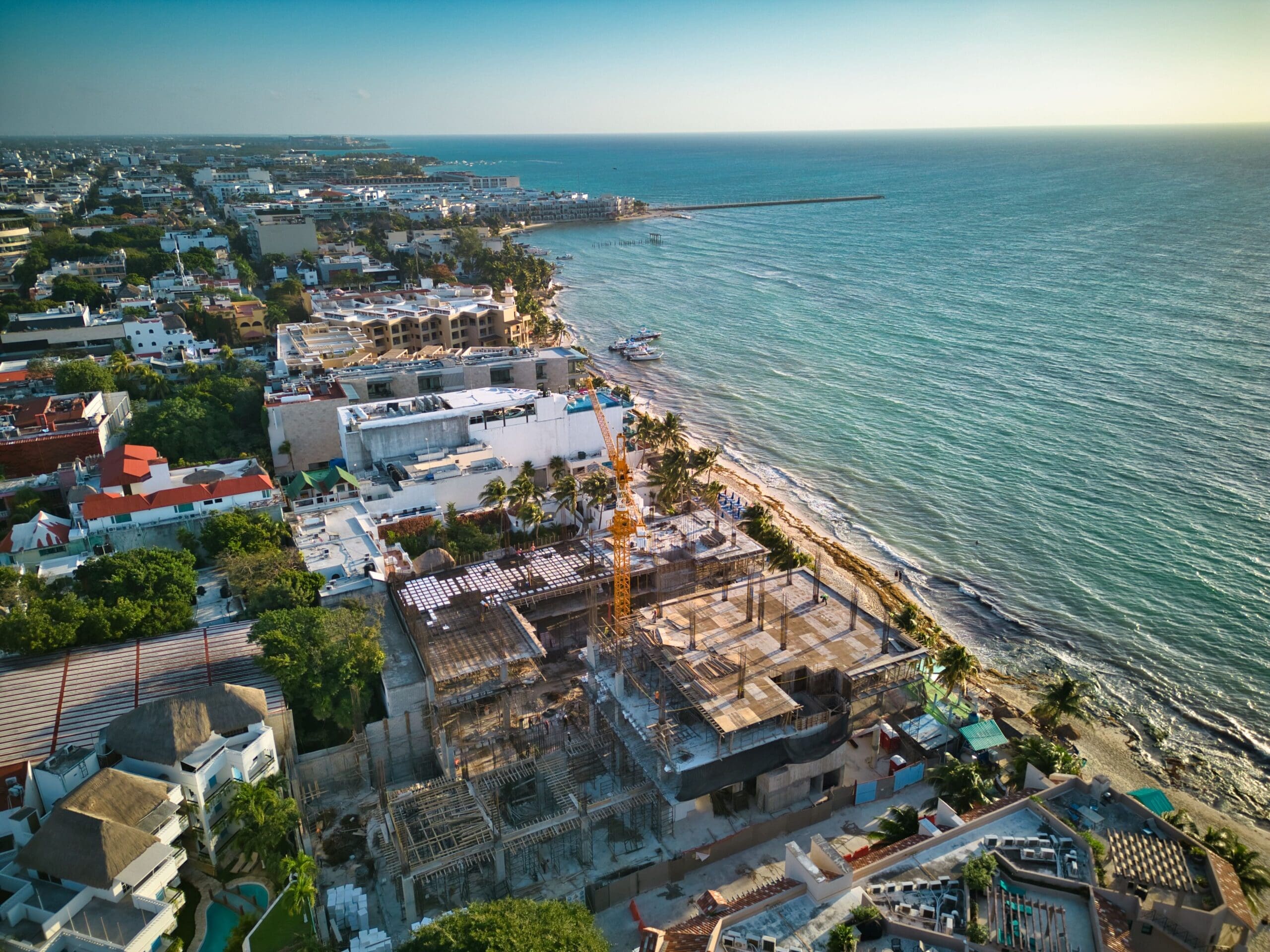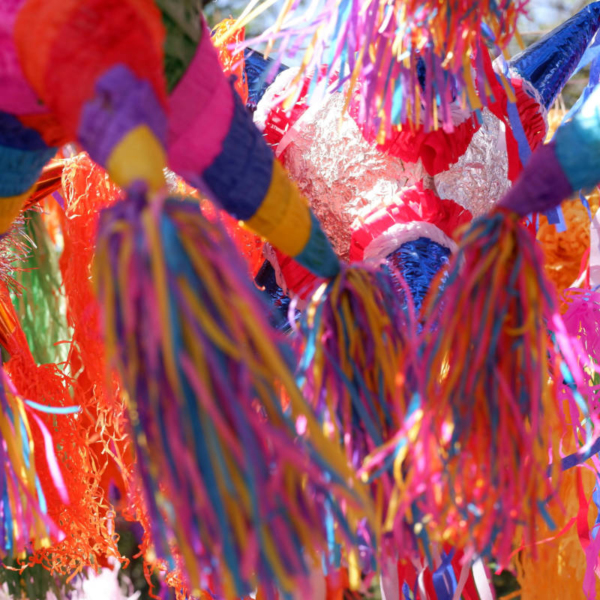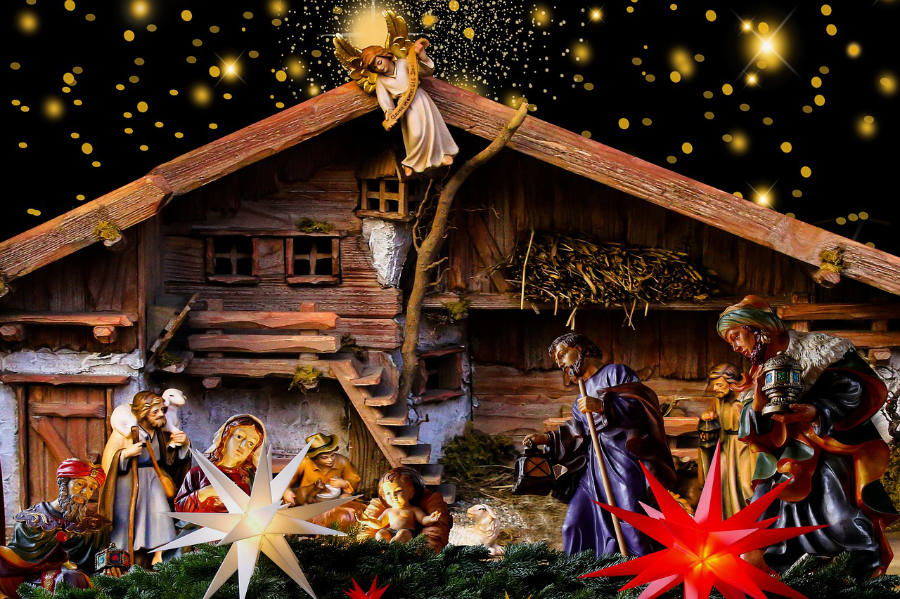
The Origin of Mexican Posadas and How They’re Celebrated Today
As the holiday season approaches, the streets of Mexico fill with the sounds of laughter, singing, and the warm glow of candles. These are the unmistakable signs of Las Posadas, a cherished Mexican tradition that dates back centuries. But what exactly are Las Posadas, and how did this tradition begin? Let’s explore the origins of Las Posadas and how this vibrant celebration continues to bring communities together today.
The Origins of Las Posadas
Las Posadas, which means “The Inns” in Spanish, are a series of festive gatherings held during the nine days leading up to Christmas. Initially, they start from December 16th to December 24th. The tradition has deep roots in Mexico’s colonial past and is closely tied to the country’s strong Catholic heritage. Although, nowadays, it has evolved to merely social gatherings.
The origins of Las Posadas can be traced back to the Spanish colonization of Mexico in the 16th century. Catholic missionaries, seeking to convert the indigenous peoples to Christianity, used the posadas as a way to teach the biblical story of Mary and Joseph’s journey to Bethlehem. According to the Gospel of Luke, Mary and Joseph traveled from Nazareth to Bethlehem. They sought shelter for the night but were repeatedly turned away by innkeepers. Eventually, they found refuge in a humble stable, where Jesus was born.
To help the indigenous people understand and embrace this story, the missionaries introduced the practice of reenacting Mary and Joseph’s search for shelter. This was blended with local customs, creating a unique tradition that reflected both European and indigenous influences. Over time, Las Posadas evolved into a nine-day celebration, with each night representing a different aspect of Mary and Joseph’s journey.
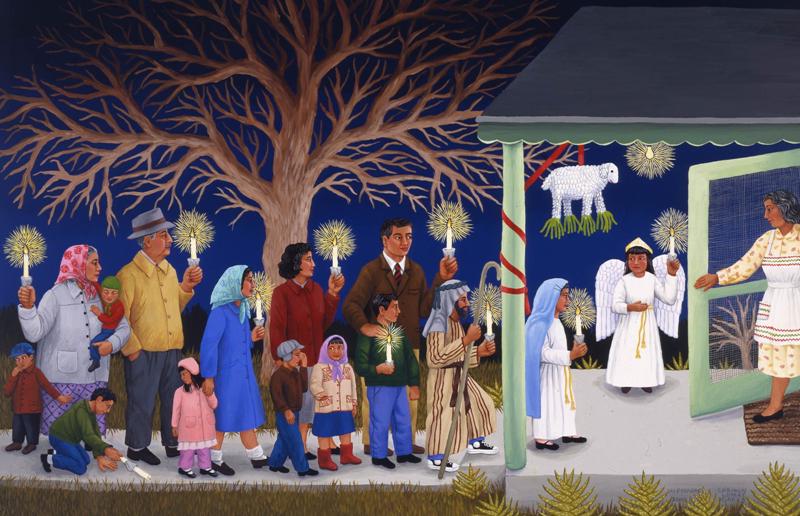
How Las Posadas Are Celebrated Today
While the religious significance of Las Posadas remains at the heart of the tradition, the way they are celebrated has expanded to include a rich tapestry of cultural elements, making them a beloved community event in towns and cities across Mexico.
Processions and Reenactments
The centerpiece of the Mexican Posadas is the nightly procession. This is where participants, often dressed as Mary, Joseph, and other biblical figures, go from house to house reenacting the Holy Family’s search for lodging. The procession is usually led by children, who carry candles and sing traditional Christmas carols. These “villancicos,” ask for shelter in song. At each house, the group is symbolically turned away, just as Mary and Joseph were, until finally, they are welcomed into one home, representing the stable where Jesus was born.
Hospitality and Festivities
The real celebration begins once the procession is welcomed into the designated home. The host family offers refreshments. They often include traditional foods such as tamales, ponche (a warm fruit punch), buñuelos (fried dough pastries), and atole (a warm, thick drink made from corn). The gathering is filled with joy! The guests sing carols, break piñatas, and exchange small gifts.
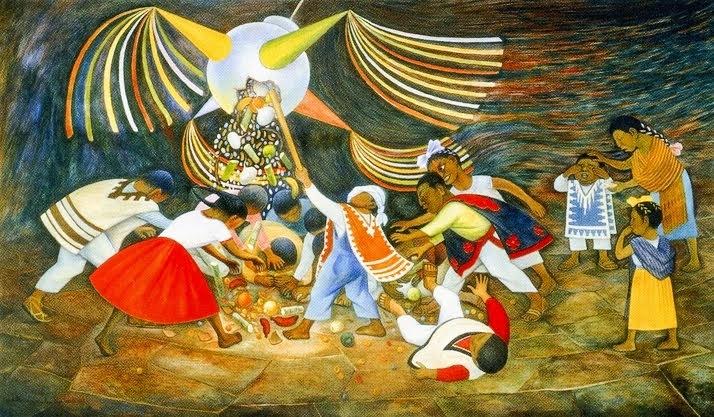
Piñatas
A highlight for children (and adults) during Las Posadas is the breaking of the piñata. The traditional piñata is star-shaped, with seven points representing the seven deadly sins. Blindfolded participants take turns trying to break the piñata with a stick. It symbolizes the triumph of good over evil. After a while, when the piñata finally breaks, it represents the rewards of keeping faith. All of this while it spills out candies and treats,
Community Spirit
Las Posadas are more than just a series of parties; they are a way for communities to come together and share in the spirit of the holiday season. In many neighborhoods, families take turns hosting the procession and festivities, fostering a strong sense of unity and mutual support. In addition, for many people Las Posadas are a time to reconnect with neighbors and strengthen community bonds.
Modern Variations
While the traditional elements of Las Posadas are still widely observed, modern variations have also emerged. Some neighborhoods organize larger, communal posadas in public spaces. They often showcase professional reenactors, live music, and elaborate decorations. In some cases, Las Posadas have taken on a more secular tone, focusing on the social and cultural aspects of the holiday season.
Conclusion
The Mexican Posadas are a beautiful blend of faith, culture, and community. They embody the spirit of hospitality and togetherness that defines the holiday season in Mexico. Las Posadas remain a vibrant and meaningful celebration that brings people of all ages together to share in the joy of Christmas. Moreover, they offer a unique and heartwarming way to experience the rich cultural heritage of Mexico during the holiday season.

